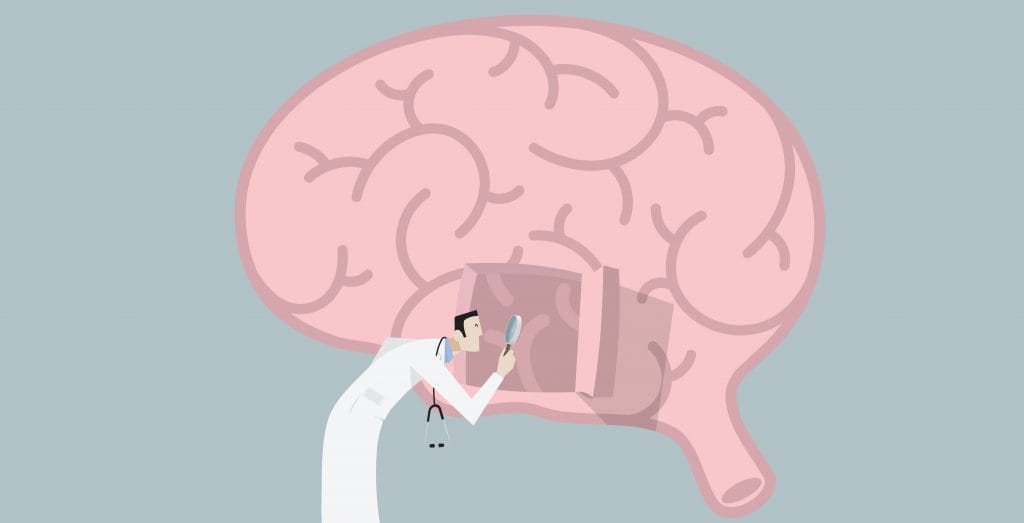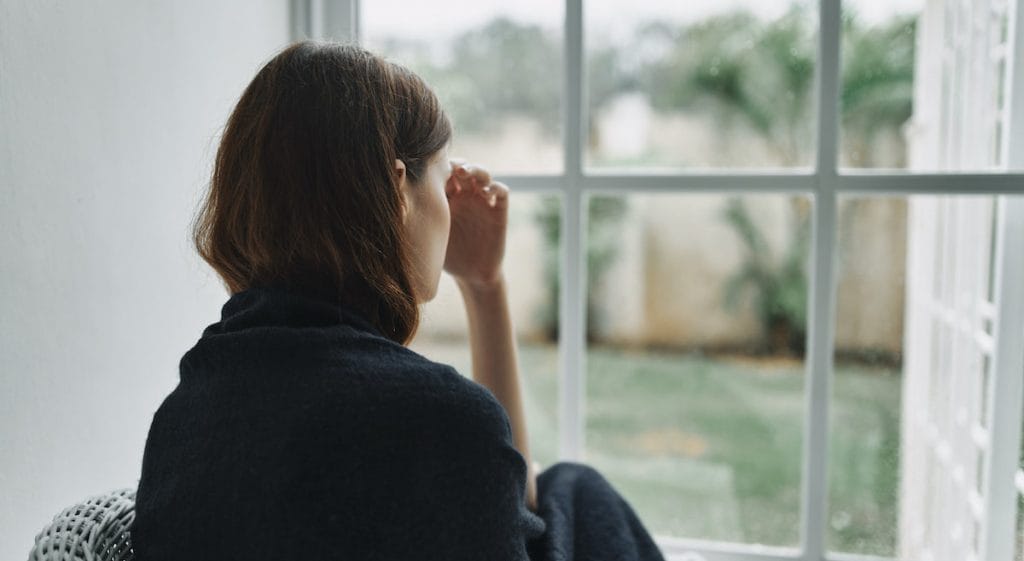Global therapist community established to share best practice

A global community of therapists has been created to share best practice and knowledge, while enabling new and creative ways of thinking, working and support for clients to be developed using research, insight and experience from around the world.
Remote Rehab was established during the COVID-19 lockdown, during the unexpected and widespread introduction of telerehab when many in-person visits to clients were no longer possible.
The online group was set up as a forum for therapists, experts and researchers around the world to connect, creating an opportunity to share information and knowledge, as well as providing much-needed support to fellow professionals.
So far, the community has around 200 national and international members.
The creators of Remote Rehab describe it as a “knowledge hub”, with an array of online resources, support groups, masterclasses and courses all designed to enable therapists to give the best possible rehabilitation to clients.
“We believe that telehealth isn’t just something to use during a pandemic, it’s something that can play a vital and important role going forward,” says Leanna Luxton, co-founder of Remote Rehab.
“We have members from Europe, Canada, Australia, Taiwan, India and America, they all use telehealth so much more than we ever have done here, they’re way ahead in the game. They have such insight to share with our community, which I know has been very valuable to so many of our members.
“We know from the hundreds of conversations we have had with therapists that many have felt ill equipped to use telehealth effectively. Remote Rehab was created as a forum for us to talk about telehealth and rehab in general to get ideas and insight about what else we can be doing to support our clients.”
While telerehab has been in widespread use during the pandemic, for many out of necessity rather than choice, Leanna is a passionate advocate that it should continue.
“Of course there are some things that should be done in person, and they should continue to be done in person, but the use of telehealth can be so beneficial,” says Leanna, a neurophysiotherapist and owner of Northampton-based Blue Arc Health.
“There is a lot that can be done remotely, which can create opportunities around increased capacity for your service, with less cost and greater ease for the patient.
“As therapists, we are our patients’ biggest cheerleader and guide, but you need to be able to empower them to do things themselves. If you give them exercises to do at home, they need to be able to do them without you being there.
“I want my patients to be able to say ‘I’ve done this’, which is how it should work. You want your patients to feel confident to do this on their own, knowing you’re there whenever they need you, and using telehealth gives a great opportunity to do that.”
Through the creation of an online community in Remote Rehab, Leanna hopes it will be a forum for therapists who are keen users of telerehab, as well as those who are more sceptical.
“I think we should be open to having conversations about the pros and cons of telehealth” says Leanna.
“I think we should look for the opportunity and understand the challenges. This is not about one thing that needs to suit everybody, there are so many different ways of using telehealth within your service model.
“For me it’s about a blended approach using the tools, techniques and practices that work best for our patients.
“We have so many members of Remote Rehab from around the world who aren’t following the normal pattern, they think a bit differently, and there is so much we can learn from each other.
“I think we should all be looking to add to what we do and look for additional ways we can support our patients, and by learning what others are doing and sharing inspiration and best practice, we are doing that as a community.”









